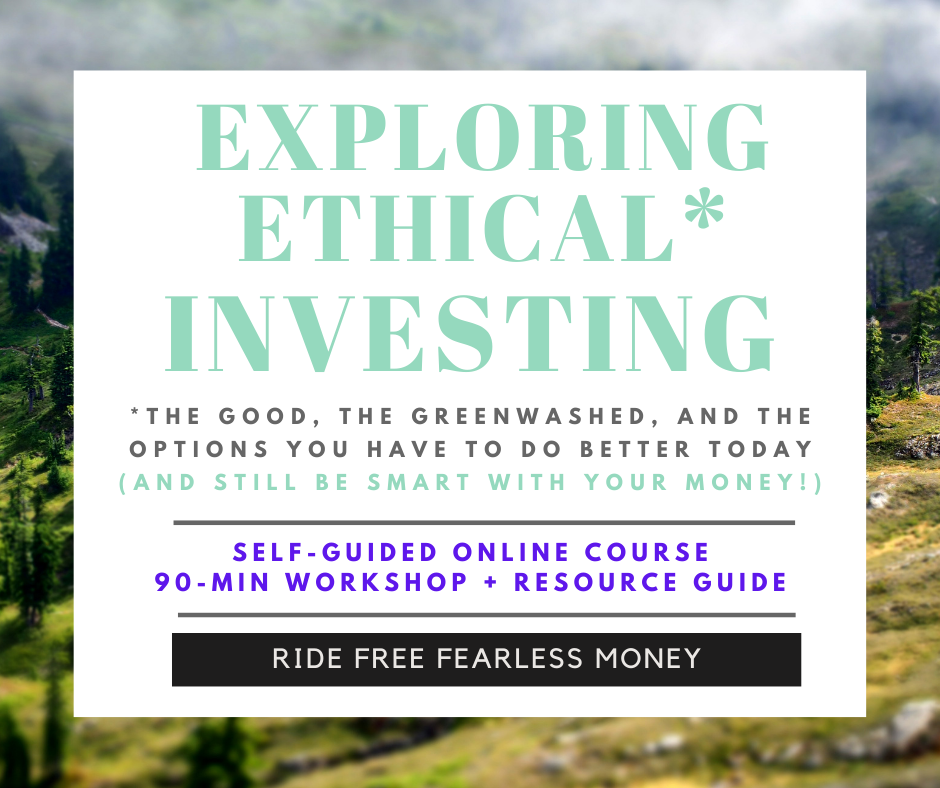The overall stock market is down about 20% this year, but it keeps fluctuating up, down, then down more – this roller coaster experience is called volatility, friends. Here’s what that means and a few ways to think about it:
When the market is down…
Look: Investments could lose value at any time. Timing is the key to if it matters materially to you.
When an investment you plan to hold onto and do not need to sell or use the money from it goes down in value, it’s called a “paper loss.” That’s because you don’t lose the money until you sell – just like you don’t make money until you sell, when your investments have gained value as compared to what you bought them for.
If you need a pot of money in the next year or two, it’s best not to have it invested, because investments can – and do, as 2022 is showing us – lose value at times.
In general, money you need in the short term [about the next year or so] is best kept in no-risk places like a high-yield savings account, a short-term CD or a government iBond [both of which lock up your money for a short time].
Investing is for money you don’t need right now – often, for money you want in order to fund a future goal and/or give yourself the opportunity to stop working. Money you need in the future makes sense to invest, so it doesn’t lose value due to inflation.
It’s only averaged, over time, that investments tend to make money. No one can guarantee you will make money in any specific time period. So why do people invest?
Because investing is a way to solve the problems of:
- Having money, when you aren’t working for it -> everything costs more each year – inflation – so in order to maintain the purchasing power of money, you ideally want to put it where it can grow at least as much as inflation (currently 8% but usually more like 3%).
- Having choices -> it’s not right that money enables choices, but it’s true in our current economic system. We all deserve the dignity of choice.
Putting money money somewhere you can maintain its value, and come back for it later, is simply a survival strategy in our current system.
Want to learn more about investing?
Exploring Ethical Investing self-paced course
In this self-paced digital course you’ll learn (more) ethical investing options and we’ll break down how ethical they are and aren’t.
You’ll also learn some investing concepts, and a decision-making framework to help you get clear on your values, demystify how investing works, and clarify when and what you might invest in.
We spotlight ways to increase your positive social impact and avoid environmental harm as well as the limitations of these options.
You get the content in videos and a PDF + a curated shortlist of options to kickstart you into action! Sign up for this self-paced course here for $45
